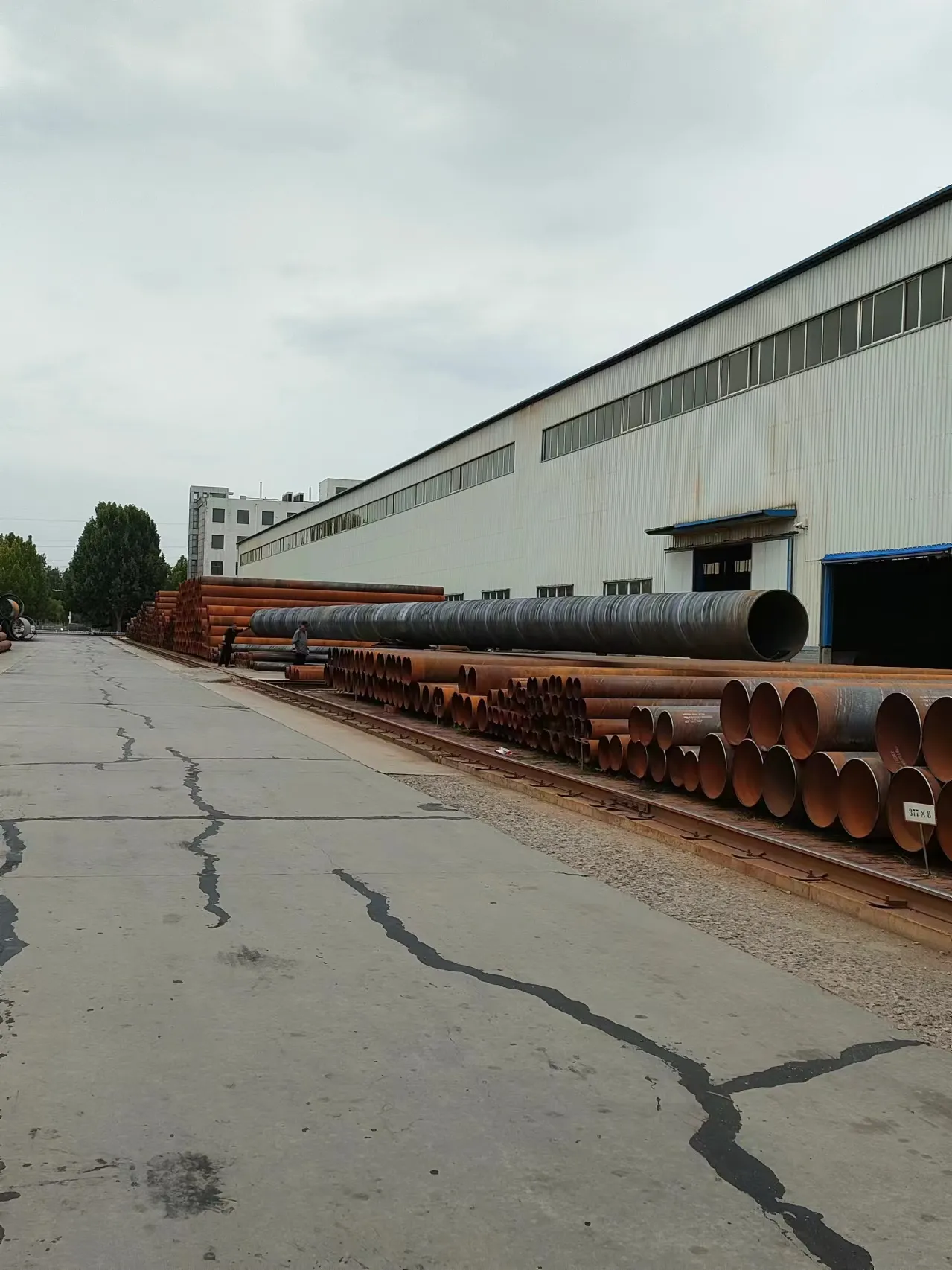-
Cangzhou Yulong Steel Co., Ltd.
-
Phone:
+86 13303177267 -
Email:
admin@ylsteelfittings.com
- English
- Arabic
- Italian
- Spanish
- Portuguese
- German
- kazakh
- Persian
- Greek
- French
- Russian
- Polish
- Thai
- Indonesian
- Vietnamese
- Zulu
- Korean
- Uzbek
- Hindi
- Serbian
- Malay
- Ukrainian
- Gujarati
- Haitian Creole
- hausa
- hawaiian
- Hebrew
- Miao
- Hungarian
- Icelandic
- igbo
- irish
- Japanese
- Javanese
- Kannada
- Khmer
- Rwandese
- Afrikaans
- Albanian
- Amharic
- Armenian
- Azerbaijani
- Basque
- Belarusian
- Bengali
- Bosnian
- Bulgarian
- Catalan
- Cebuano
- China
- China (Taiwan)
- Corsican
- Croatian
- Czech
- Danish
- Esperanto
- Estonian
- Finnish
- Frisian
- Galician
- Georgian
- Kurdish
- Kyrgyz
- Lao
- Latin
- Latvian
- Lithuanian
- Luxembourgish
- Macedonian
- Malgashi
- Malayalam
- Maltese
- Maori
- Marathi
- Mongolian
- Myanmar
- Nepali
- Norwegian
- Norwegian
- Occitan
- Pashto
- Dutch
- Punjabi
- Romanian
- Samoan
- Scottish Gaelic
- Sesotho
- Shona
- Sindhi
- Sinhala
- Slovak
- Slovenian
- Somali
- Sundanese
- Swahili
- Swedish
- Tagalog
- Tajik
- Tamil
- Tatar
- Telugu
- Turkish
- Turkmen
- Urdu
- Uighur
- Welsh
- Bantu
- Yiddish
- Yoruba

Aug . 07, 2024 17:35 Back to list
Exploring Innovative Techniques and Technologies in Modern Industrial Flour Mill Operations and Production
The Industrial Flour Mill Backbone of Modern Food Production
The industrial flour mill represents a pivotal development in the agricultural and food processing industries. Originating in the early days of civilization, the process of transforming grains into flour has evolved into a sophisticated operation that plays a significant role in meeting the global demand for flour-based products. With advancements in technology and the increase in scale of operations, industrial flour milling has become essential in providing the raw material for bread, pasta, pastries, and a myriad of other foods that form the backbone of diets around the world.
The flour milling process begins with the selection of high-quality grains, primarily wheat, which is harvested and delivered to the mill. Upon arrival, the grains undergo a thorough cleaning process to remove any impurities such as dirt, stones, and other foreign materials. This step is crucial to ensure that the final product is pure and of high quality. Once cleaned, the grains are conditioned by adding moisture, which helps in preparing them for grinding. This conditioning process is critical as it affects the efficiency of milling and the quality of the flour produced.
After conditioning, the grains are fed into a series of grinding machines. The first stage involves breaking down the grain into smaller pieces through a process known as cracking. This is usually achieved using roller mills, which consist of pairs of cylindrical rollers that crush the grains. The cracked grain is then sifted to separate the endosperm, bran, and germ. The endosperm is the part of the grain that will be milled into flour, while the bran and germ can be further processed or used as animal feed.
industrial flour mill

The grinding process involves multiple stages, each designed to refine the flour further. The first grinding may produce a coarser product, while subsequent grinding processes progressively turn the flour into a finer texture. Modern industrial flour mills often utilize advanced technology, such as pneumatic systems, to transport the flour through the grinding process efficiently. This automation not only increases the speed of production but also minimizes labor costs and reduces human error.
Quality control is an integral part of industrial flour milling. Throughout the milling process, samples of flour are regularly tested for moisture content, protein levels, and gluten strength, among other parameters. These tests ensure that the flour meets the required specifications for various applications. Different types of flour—such as bread flour, cake flour, and all-purpose flour—each have specific qualities that cater to particular recipes and baking needs, making thorough quality assurance vital.
Moreover, industrial flour mills are increasingly adopting sustainable practices. Efforts to minimize waste and energy consumption are becoming common, with some mills reclaiming byproducts like bran to add nutritional value to other products or using renewable energy sources in their production processes. Sustainability not only benefits the environment but also meets the growing consumer demand for responsibly sourced food products.
In conclusion, the industrial flour mill is a cornerstone of modern food production, efficiently converting grains into flour to meet the ever-growing global demand. With its sophisticated processes, commitment to quality, and shift towards sustainability, the industrial flour milling industry is not only essential for food security but also plays a crucial role in supporting agricultural economies worldwide. As technology continues to advance, the future of flour milling looks promising, marking it as a significant player in the evolution of food production systems.
Latest news
-
ANSI 150P SS304 SO FLANGE
NewsFeb.14,2025
-
ASTM A333GR6 STEEL PIPE
NewsJan.20,2025
-
ANSI B16.5 WELDING NECK FLANGE
NewsJan.15,2026
-
ANSI B16.5 SLIP-ON FLANGE
NewsApr.19,2024
-
SABS 1123 FLANGE
NewsJan.15,2025
-
DIN86044 PLATE FLANGE
NewsApr.19,2024
-
DIN2527 BLIND FLANGE
NewsApr.12,2024
-
JIS B2311 Butt-Welding Fittings LR/SR 45°/90° /180°Seamless/Weld
NewsApr.23,2024











